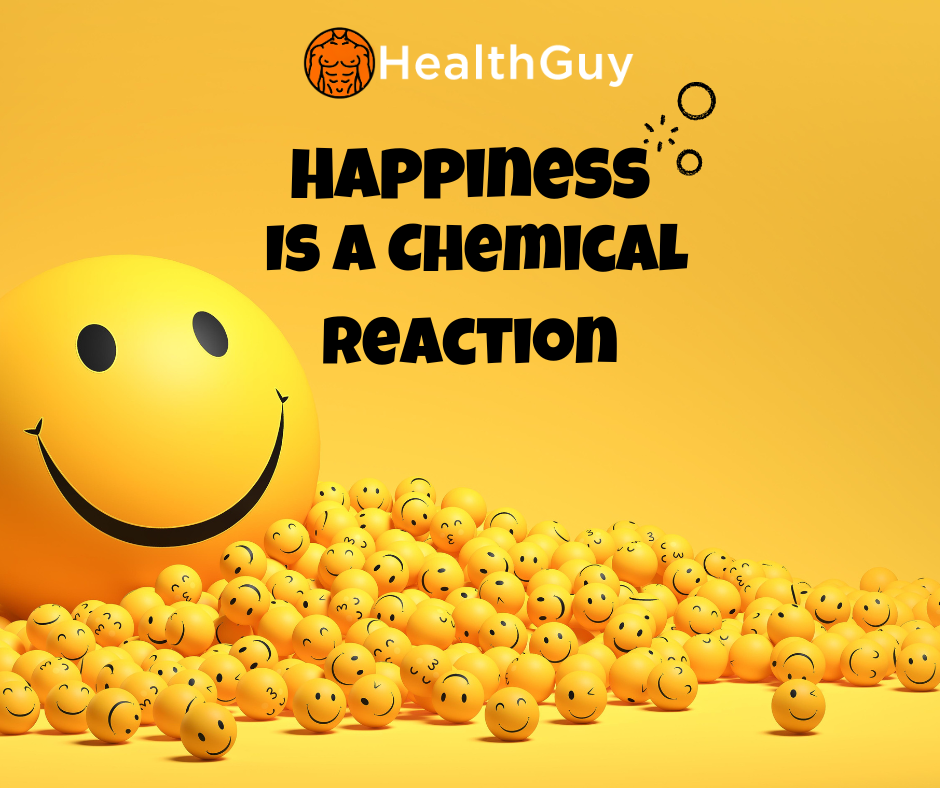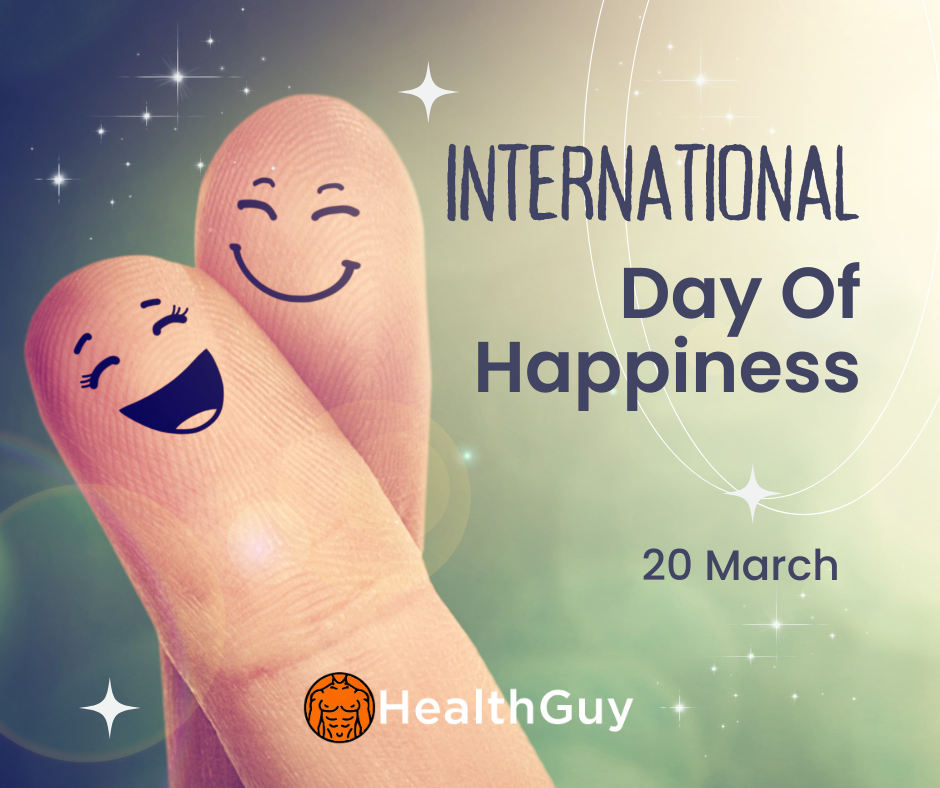
Happiness is a Chemical Reaction: Understanding the Science of Happy Hormones
Have you ever experienced a sudden burst of happiness, followed by a feeling of relaxation and contentment? That’s because your body released hormones that make you feel good often referred to as “happy hormones.” In this article, we’ll take a closer look at what these hormones are, how they work, and some ways to boost their production.
What are happy hormones?
Happy hormones, also known as “feel-good” hormones, are a group of hormones produced by the brain and other parts of the body that can affect our mood, emotions, and overall well-being. The four main happy hormones are:
- Endorphins: Endorphins are the body’s natural painkillers and can help relieve pain and reduce anxiety. When we experience pain or stress, endorphins are released, which can create a sense of euphoria and well-being. This feeling is often referred to as a “runner’s high” after intense exercise. Endorphins can also act as natural antidepressants and help to reduce feelings of stress and anxiety.
- Dopamine: Dopamine is a neurotransmitter that plays a crucial role in reward and pleasure. It’s released when we experience something pleasurable or when we achieve a goal. This release of dopamine creates a sense of motivation and pleasure that encourages us to continue seeking out pleasurable experiences. Dopamine is also involved in cognitive function, including memory, attention, and problem-solving.
- Serotonin: Serotonin is a neurotransmitter that plays a key role in mood regulation, appetite, and digestion. Low levels of serotonin have been linked to depression, anxiety, and insomnia. Serotonin is produced in the brain and the gastrointestinal tract and is often called the “happiness hormone” due to its mood-regulating effects. Eating foods that contain tryptophan, such as turkey, bananas, and nuts can increase serotonin production.
- Oxytocin: Oxytocin is often called the “love hormone” due to its role in social bonding and attachment. It’s released during social interactions, such as hugging, kissing, and cuddling. It’s also released during childbirth and breastfeeding, which helps to strengthen the bond between mother and child. Oxytocin can also reduce stress levels and increase feelings of trust and social connection.

How do happy hormones work?
Happy hormones work by binding to receptors in the brain and other parts of the body, triggering a response that can affect our mood, behaviour, and physical sensations. For example, endorphins can block pain signals and create a feeling of euphoria, while dopamine can increase motivation and pleasure.
These hormones can also interact with each other, creating a complex network of feedback loops that can affect our overall well-being. For example, low levels of serotonin can lead to depression, while high levels of cortisol, a stress hormone, can lower serotonin levels.
How can we boost happy hormones?
There are several ways to boost the production of happy hormones in our bodies, including:
- Exercise – Exercise can increase the production of endorphins, dopamine, and serotonin, leading to a feeling of euphoria and well-being. Even a short walk can help boost your mood.
- Meditation – Meditation can reduce stress and increase the production of serotonin and oxytocin, leading to a feeling of calm and relaxation.
- Socializing – Socializing with friends and family can increase the production of oxytocin and serotonin, leading to a feeling of connection and well-being.
- Getting sunlight – Sunlight can increase the production of serotonin, which can help regulate our mood and improve our overall well-being.
- Eating a balanced diet – Eating a balanced diet can help regulate the production of happy hormones, such as serotonin, by providing the necessary nutrients to support their production.
In addition to the ways mentioned earlier to boost happy hormone production, there are other ways to increase these hormones in the body. For example, listening to music can increase dopamine production, while massage therapy can increase the release of endorphins and oxytocin. Spending time in nature and practising mindfulness can also help to reduce stress levels and increase happy hormone production.
Overall, the release of happy hormones is essential to our physical and mental health. By understanding how these hormones work and taking steps to increase their production, we can improve our mood, reduce stress, and increase our overall sense of well-being.
Conclusion:
Happy hormones are a vital part of our overall well-being. By understanding what they are and how they work, we can take steps to boost their productivity and improve our mood, behaviour, and physical sensations. Simple activities like exercising, meditating, socializing, getting sunlight, and eating a balanced diet can all contribute to a healthier, happier you.
